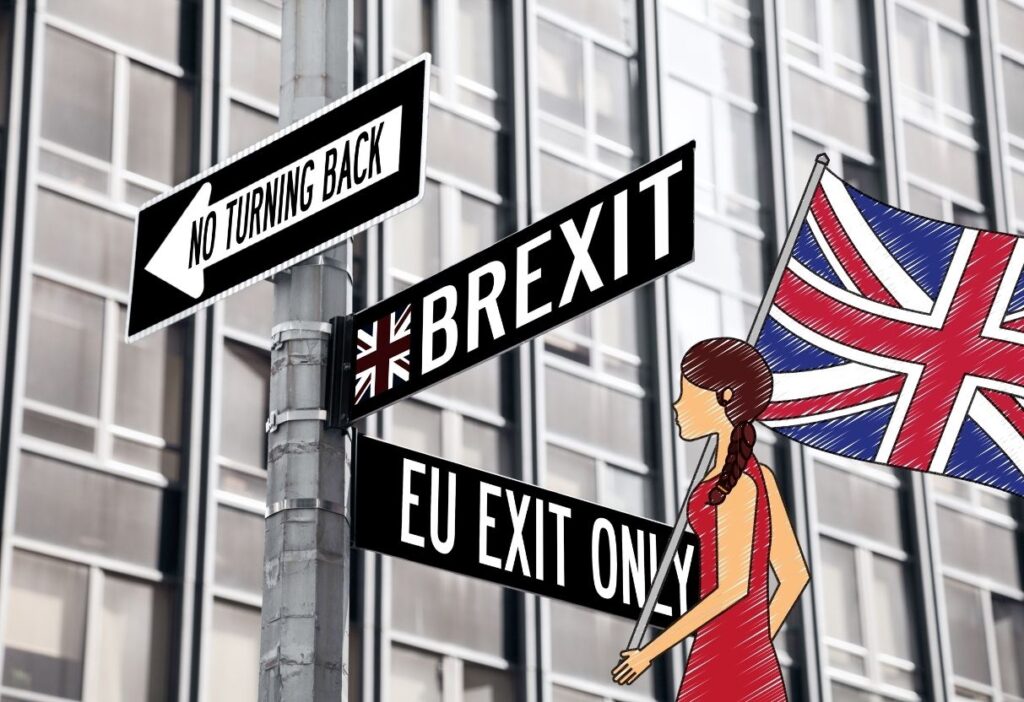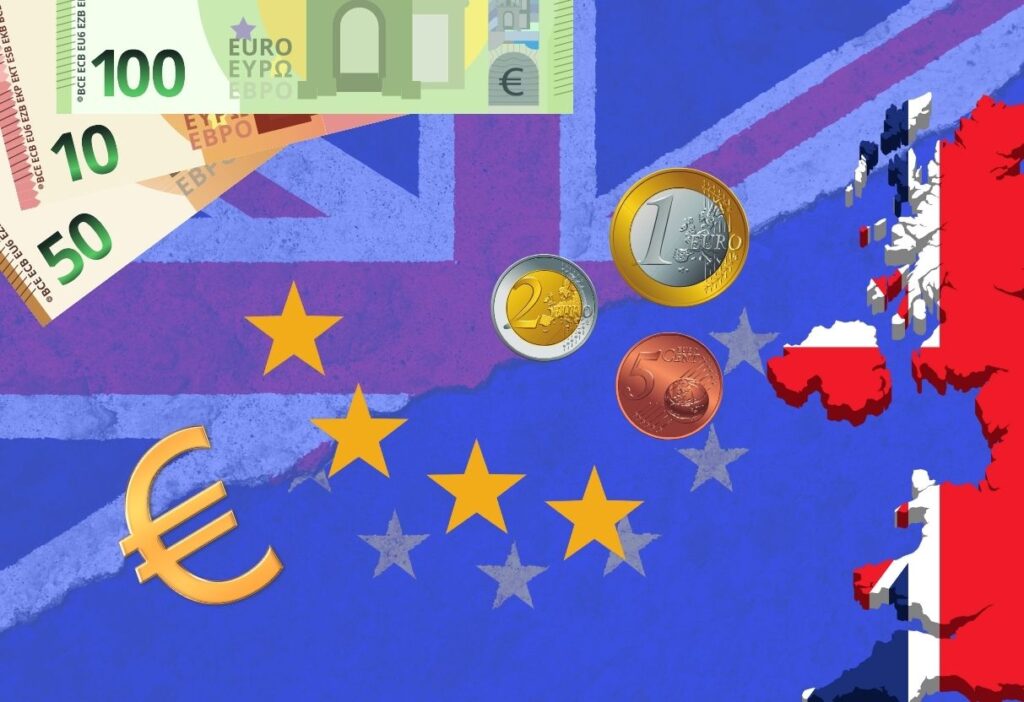Brexit has brought significant changes to many aspects of life in the UK, including personal finances. From fluctuating exchange rates to new rules on travel and trade, individuals have felt the impacts in various ways. A key outcome is that many people now face increased costs in everyday spending, which affects their savings and investments.

The uncertainty around Brexit has led to changes in the job market, particularly in industries that relied heavily on European Union workers. This shift means that some may experience job insecurity or changes in income. Additionally, the housing market has shown mixed signals, with some areas seeing price drops while others remain strong.
People in the UK must navigate these challenges to maintain their financial health. Understanding the changes and adjusting spending habits can help mitigate the negative effects. As the situation continues to evolve, staying informed will be crucial for anyone wanting to protect their financial future.
The Immediate Financial Aftermath of Brexit

Brexit had several immediate effects on personal finances in the UK. Key areas affected included currency value, savings, investments, and the housing market.
Currency Devaluation and Inflation
Following the Brexit vote, the value of the British pound dropped significantly. This decline reduced the currency’s strength against the euro and the dollar. As a result, imports became more expensive.
Inflation rates also began to rise. This increase impacted everyday costs, such as food and fuel. For many households, this change strained budgets as they had to spend more for the same goods.
Impact on Savings and Investments
Brexit caused uncertainty in financial markets. Many investors reacted by pulling their money from UK stocks and shares, seeking shelter elsewhere. This reaction led to a decline in the stock market.
Interest rates on savings accounts remained low. Many people found their savings earned little to no interest. This situation made it harder for savers to keep up with rising prices, affecting their purchasing power.
Housing Market Fluctuations
The housing market experienced fluctuations after Brexit. Initially, there was a cooling effect, as potential buyers became cautious. Many held back on purchases due to uncertainty about the economy.
Property prices faced downward pressure in some areas. In contrast, other regions saw stabilisation or even growth. Local market conditions varied widely, leading to mixed outcomes across the country.
Long-Term Economic Changes

Brexit has led to significant changes in the UK economy that affect personal finances. These changes mainly revolve around employment and wages, trade agreements, and government policies. The long-term impacts are shaping the financial landscape for individuals and businesses alike.
Changes in Employment and Wages
The job market in the UK has felt the effects of Brexit. Many industries that relied on EU workers, like agriculture and hospitality, have faced staffing shortages. As a result, some employers have increased wages to attract local workers.
On the flip side, uncertainty exists for workers in sectors exposed to international competition. Jobs in manufacturing and finance may see fluctuations as businesses adjust to new market conditions.
Long-term, the shifts in employment may also lead to a more regional focus, with some areas gaining jobs while others may lose out. This imbalance can affect personal finances based on the local job market.
Trade Agreements and Tariffs
Brexit brought about significant changes in trade agreements. The UK is now negotiating new deals outside of the EU framework. This shift can lead to different costs for goods and services.
Tariffs on imports could increase prices for consumers. For example, food prices may rise if new tariffs are placed on certain imports, affecting grocery bills.
Additionally, businesses that import materials may face higher costs, which could be passed on to consumers. Long-term trade agreements will play a crucial role in determining how affordable everyday goods remain for the public.
Government Fiscal Policies
The UK government has adjusted its fiscal policies following Brexit. These changes include spending plans and budget allocations aimed at boosting local economies.
More funding may be directed towards sectors hit hard by the transition, such as trade and industry support. This includes incentives for businesses to adapt to the new economic landscape.
Tax policies could also shift over time, impacting personal finance. Changes in tax rates or reliefs may influence disposable income and savings for UK residents. The long-term fiscal approach will be crucial in shaping economic stability.
Personal Finance Adaptations

Brexit has led to several changes in personal finances for individuals in the UK. Many are adjusting their budgeting methods, rethinking their investments, and altering retirement plans to respond to the new financial landscape.
Budgeting and Cost of Living Adjustments
The cost of living in the UK has increased since Brexit. Many families are now reviewing their monthly budgets to cope with rising prices on essentials.
People are prioritising their spending. They focus on necessities like food, housing, and transport.
Some choose to cut back on non-essential items like entertainment and dining out.
Additionally, price hikes in imported goods affect budgets significantly. Consumers may switch to buying locally produced items to save money.
Investment Strategies Shift
Brexit has changed the investment landscape. Investors are becoming cautious and seeking advice.
Some are diversifying their portfolios to reduce risks. They might invest in various sectors, both domestic and international.
Interest in sustainable investments has grown. Many see it as a way to align financial goals with their values.
Moreover, currency fluctuations can impact returns. Investors may consider hedging options to protect their investments.
Retirement Planning Alterations
Many individuals are reassessing their retirement plans as Brexit affects pensions.
Workers are looking at their retirement savings more closely. They want to ensure they have enough funds for their future.
Some may delay retirement to increase their savings due to uncertain financial conditions. Others are exploring alternative retirement plans.
Additionally, those with pensions linked to the European markets may seek advice on managing their assets efficiently.